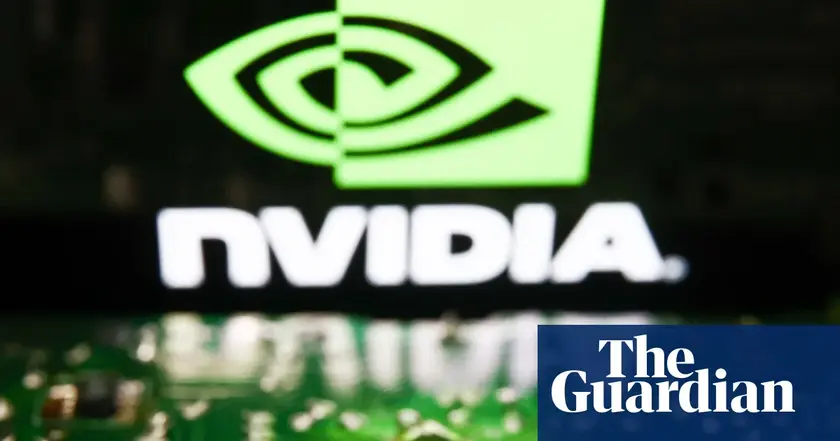T4K3.news
Tariffs on chips spark market risk
Trump hints at up to 300% tariffs on semiconductors; Intel stock rises while others slide as policy talks continue.
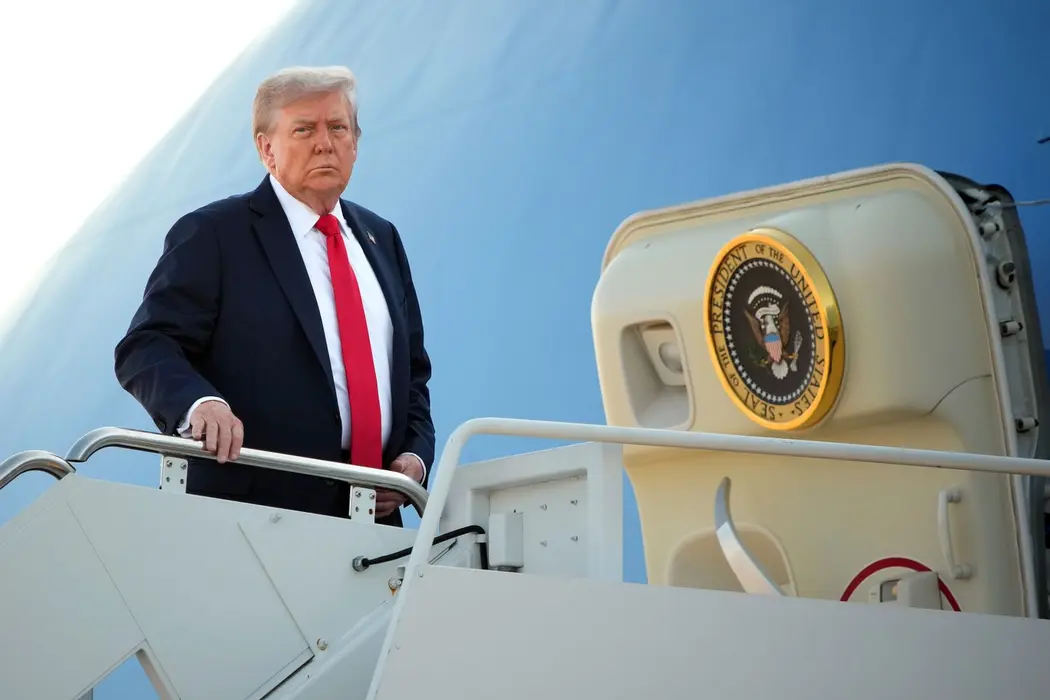
Investors watched as Trump floated semiconductor tariffs up to 300 percent, lifting Intel while other chipmakers slipped.
Tariffs on Chips Lift Intel Stock as Trump Signals 300 Percent Tariff Plan
President Trump said in flight that tariffs on imported chips could be set as soon as next week, with a rate he described as potentially 200% or 300%. The remarks came as the PHLX Semiconductor Index fell more than 2% while Intel rose about 6% on reports that a government stake in the company could be part of a broader policy deal. The White House did not immediately respond to requests for comment. Separately, Bloomberg cited discussions about using funding from the Chips Act to support Intel manufacturing expansions, though officials have not confirmed any plan.
Analysts described the situation as a policy gamble with wide implications. A potential government stake in Intel would mark a new form of industrial policy for the tech sector, tying policy choices to manufacturing outcomes. Others warned that tariff moves could ripple through the supply chain, raising costs for consumers and potentially slowing AI and data center growth. The administration has also secured revenue-sharing deals with Nvidia and AMD in exchange for export licenses to China, highlighting political risk for investors regardless of the final policy.
Key Takeaways
"I'll be setting tariffs next week and the week after on steel and on chips"
Direct in-flight remark by President Trump about tariff timing
"Intel could use money to help capitalize the fabs given the heavy losses and cash burn"
Bernstein analysts on financing fabs
"A stake could go a long way toward finishing what Gelsinger couldn't afford to build but did it anyway"
Jim Cramer on potential government stake
"Intel could likely use the help"
Morningstar's Brian Colello on potential support
This episode shows that tech policy is now a market driver. Intel could gain funding and policy support, but it also risks becoming a political symbol in a high stakes tech race. Markets will react to official word more than company earnings, so investors should expect volatility until terms are clarified. If the government pushes ahead with tariffs while lawmakers debate details, the chip sector could see continued swings in prices and capacity planning. The broader question is whether public money will flow to private fabs or if policy will push the industry toward lasting strategic sovereignty in technology leadership.
Highlights
- Policy meets production in a high stakes tech race
- Intel could ride policy into a brighter fab future
- The next move may hinge on official word from the White House
- Investors will want clarity before chasing returns
Political and market risk from chip tariff talks
Tariff talks and a possible government stake in Intel introduce political risk and market volatility. The policy path remains unsettled, making investment decisions uncertain for chipmakers and suppliers.
Policy debates over tech manufacturing will continue to shape stock prices and strategic choices.
Enjoyed this? Let your friends know!
Related News
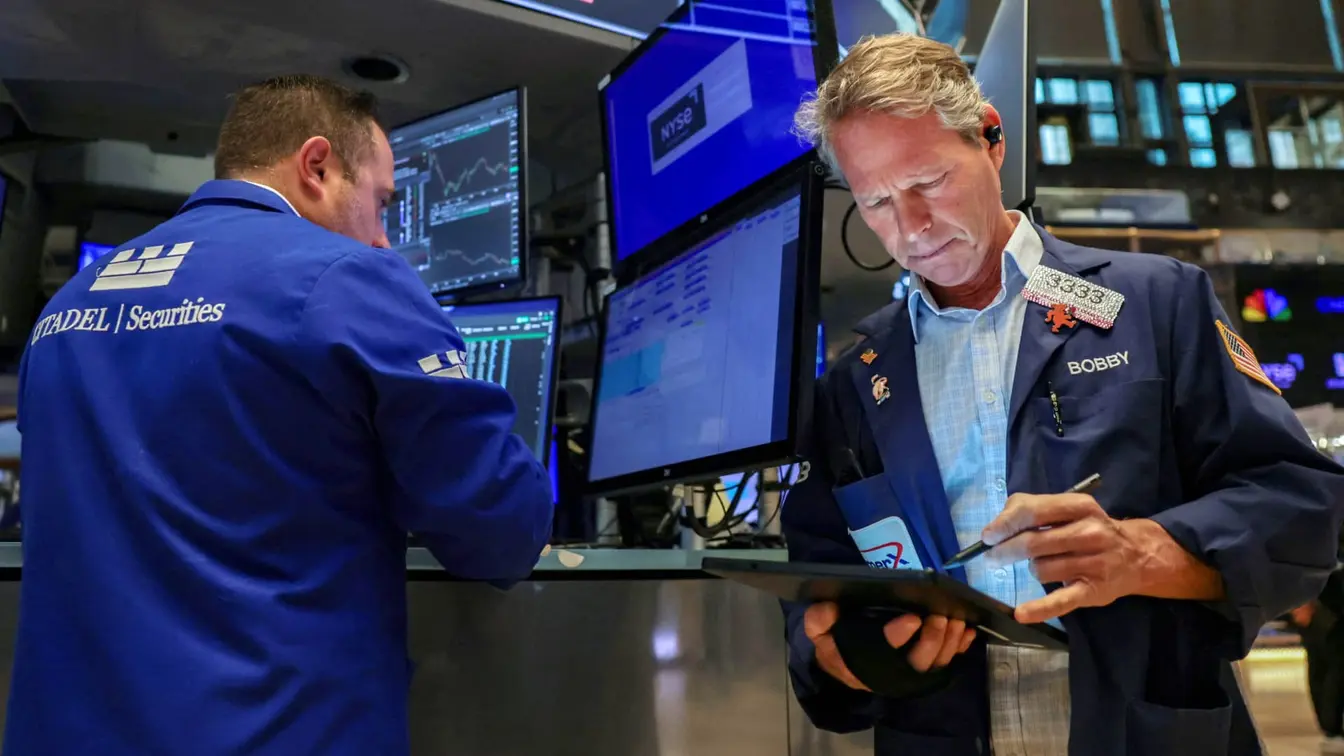
Markets steady after Trump tariff announcements
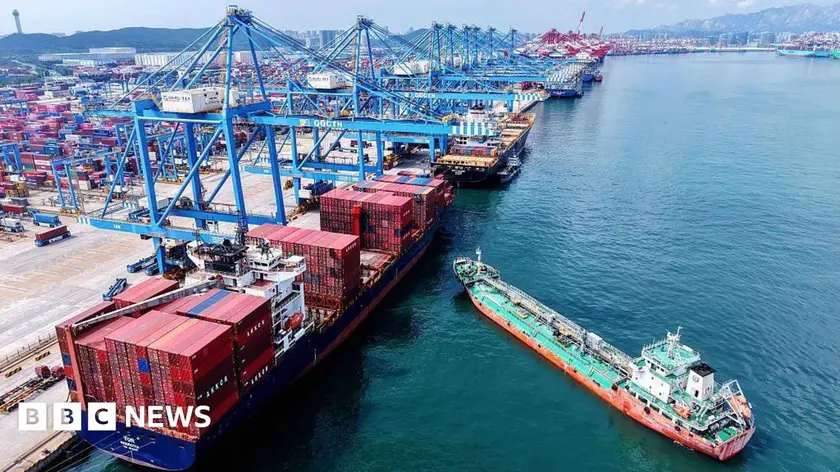
Tariff extension extended
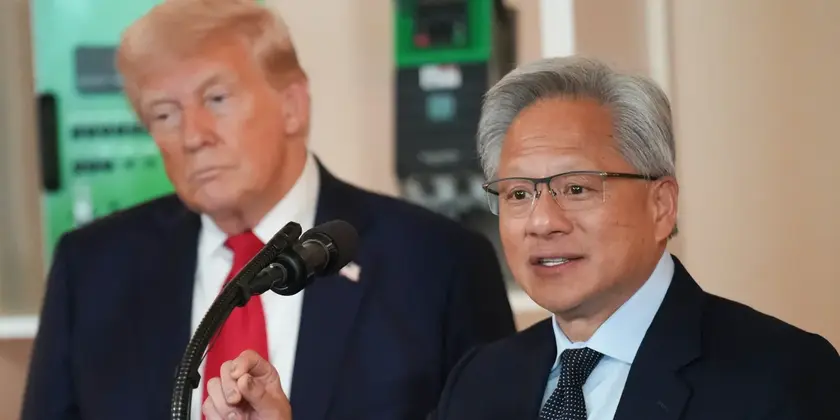
Export policy sparks legal debate
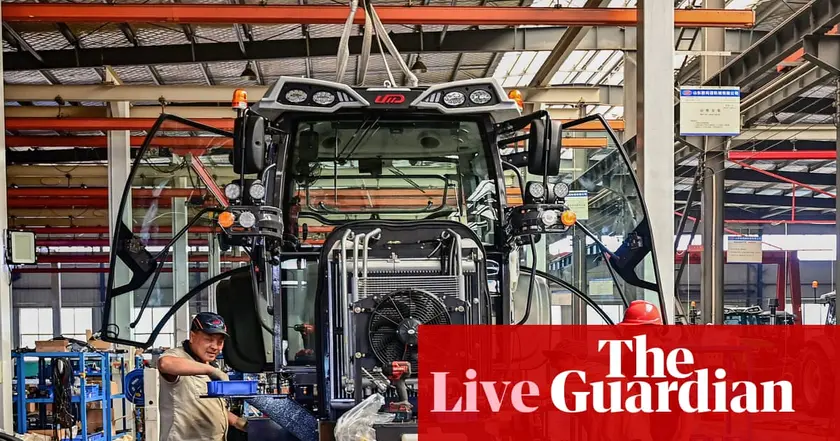
FTSE 100 hits new high on tariff cues

Tariffs and Chips Plan Threaten Auto Makers
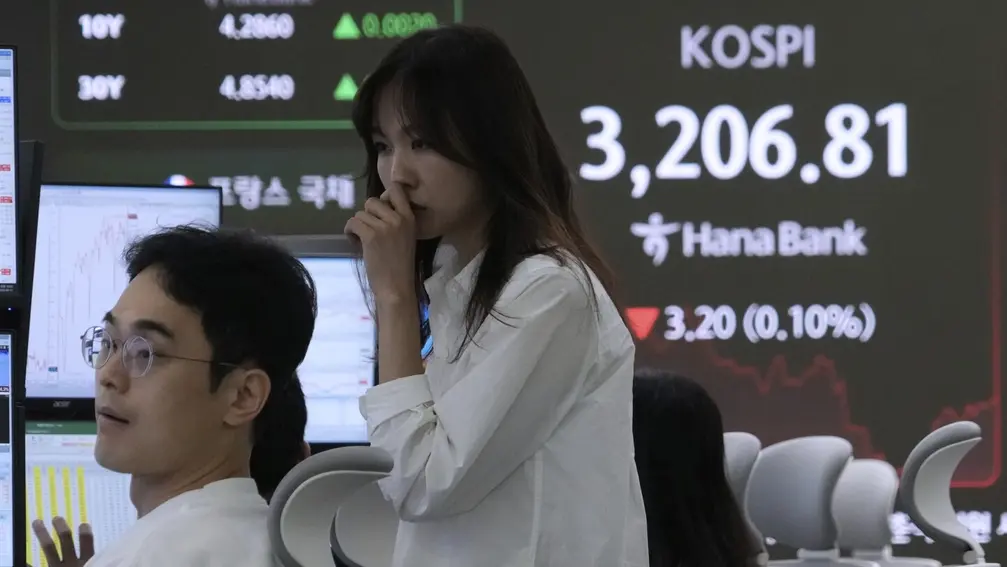
Markets mixed ahead of tariff deadline

US jobs report prompts recession fears
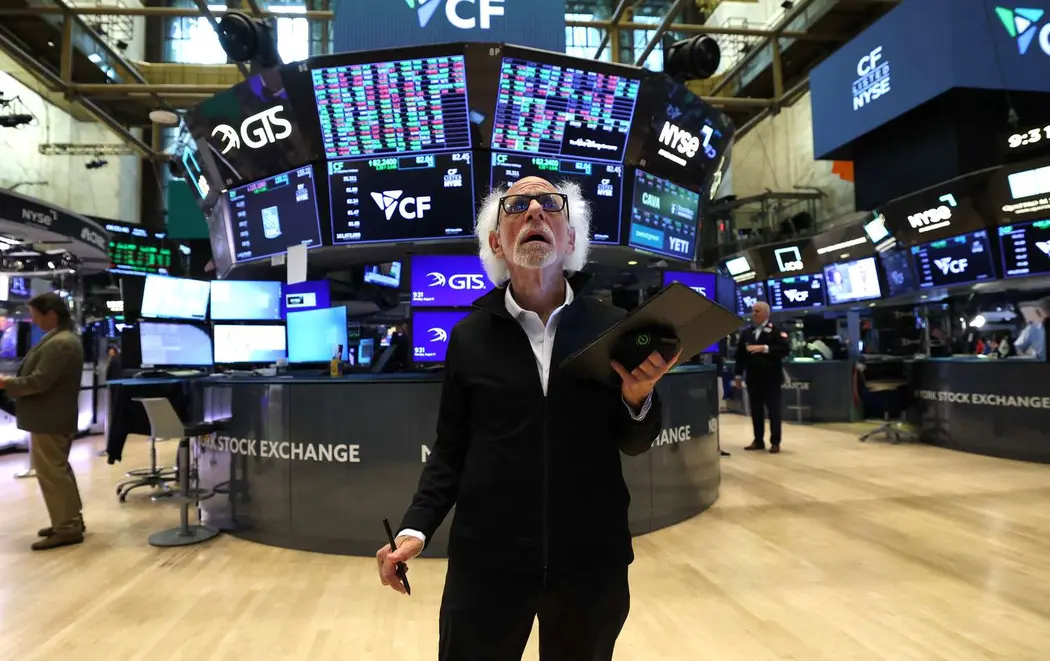
Markets Edge Higher Ahead of Inflation Data
